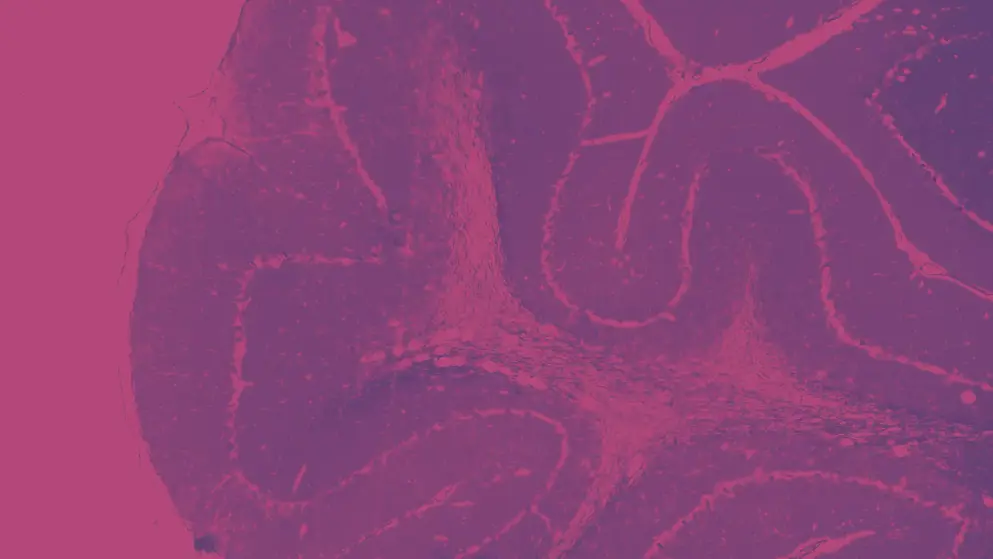
Advances in vasomotor symptom treatments
Transcript: Non-hormonal therapies
Dr Sheryl Kingsberg
All transcripts are created from interview footage and directly reflect the content of the interview at the time. The content is that of the speaker and is not adjusted by Medthority.
Many more non-hormonal options have become popular in the last decade or so, despite the fact that we now have better data, that hormone therapy still should be the gold standard for many women suffering from menopausal symptoms, and are better understanding of the results from the WHI, many women still do not want to take hormone therapy or can't take hormone therapy, and many clinicians are uncomfortable with it. We now have good data that, for example, cognitive behaviour therapy or CBT is very effective in treating menopause symptoms. Think about CBTI, cognitive behaviour therapy for insomnia. Very evidence-based, works very nicely to help improve symptoms of sleep disturbance. Certainly, cognitive behaviour therapy has been an important component in treating depression of all kinds, but certainly depressed symptoms or depressive symptoms in peri- and post-menopause.
So CBTI and CBT work very well. We have the antidepressants, the non-hormonal treatments include antidepressants, which do have some efficacy in treating vasomotor symptoms and also some of the mood symptoms. Gabapentin has been used for treating vasomotor symptoms and oxybutynin has been used for vasomotor symptoms. And now with the emerging treatments that include the Neurokinin receptor antagonists, the NK-3's and the NK-1 and NK-3's. I think, that will add a whole armamentarium that has not been available to clinicians to help women with vasomotor symptoms and other symptoms of menopause because there is emerging data that these NK-3 receptor antagonists are very helpful with sleep and probably can be helpful with mood as well. So I think that the non-hormonal options are growing in awareness and in efficacy.
This content has been developed independently by Medthority who previously received educational funding in order to help provide its healthcare professional members with access to the highest quality medical and scientific information, education and associated relevant content.
